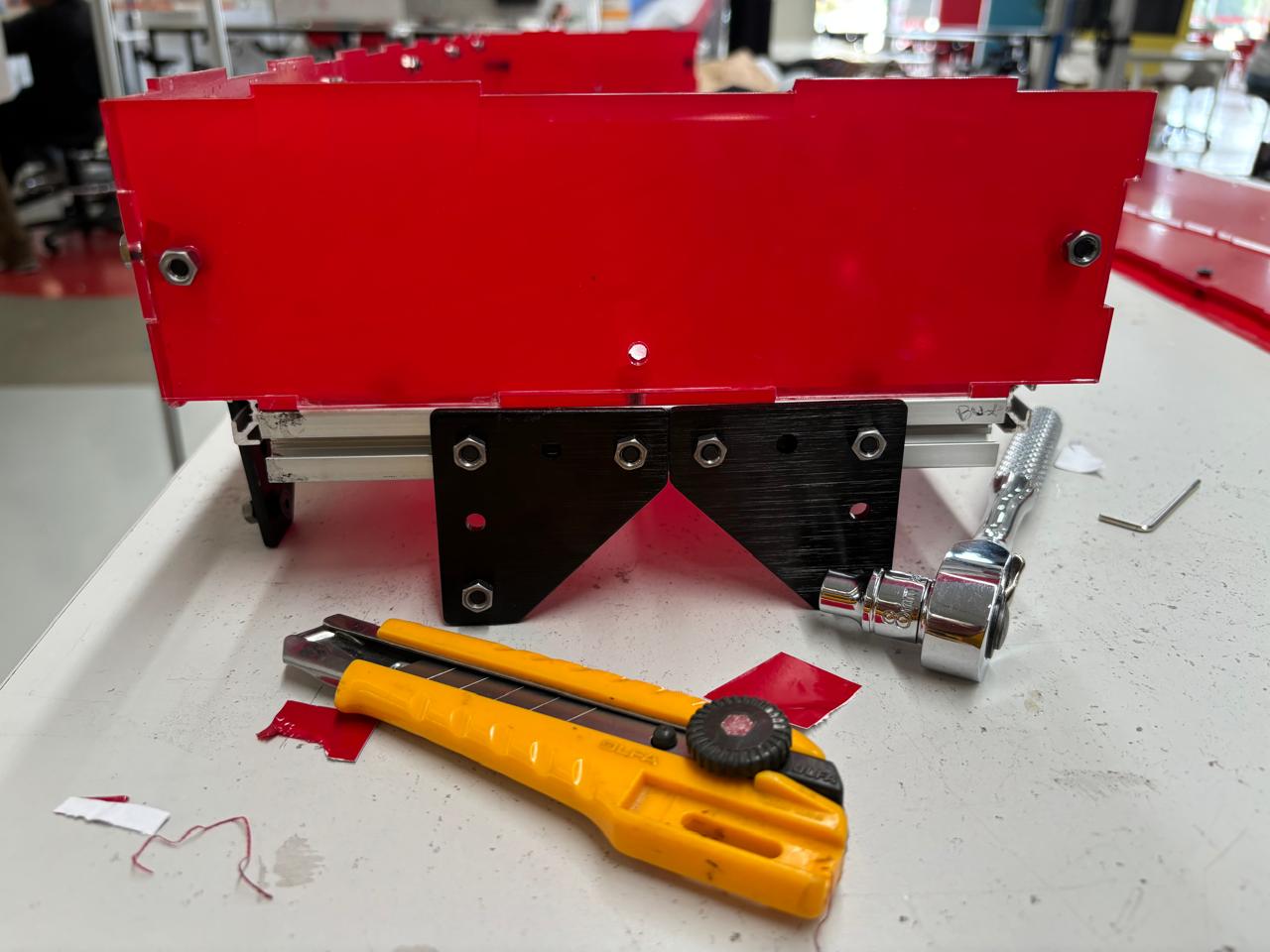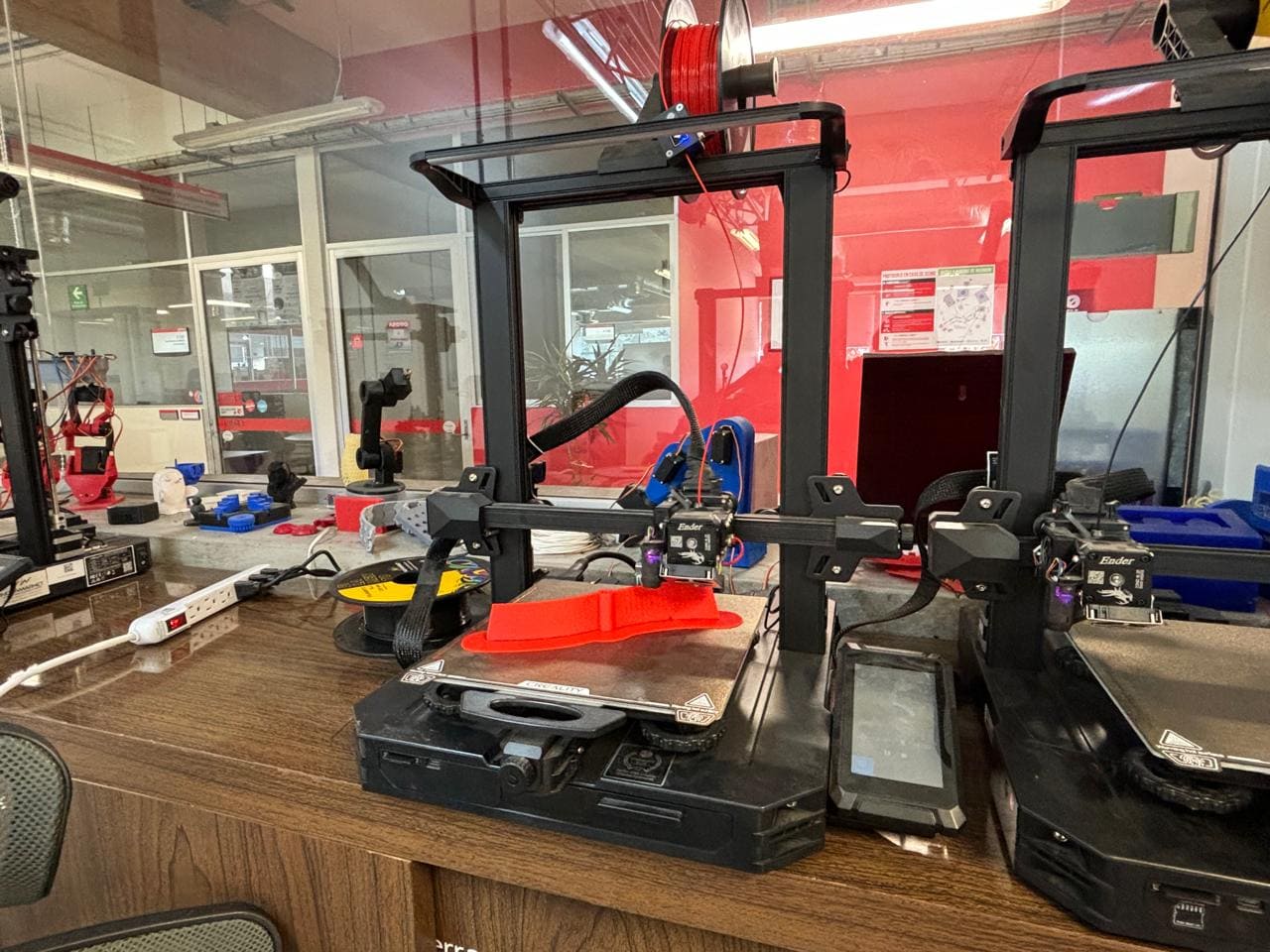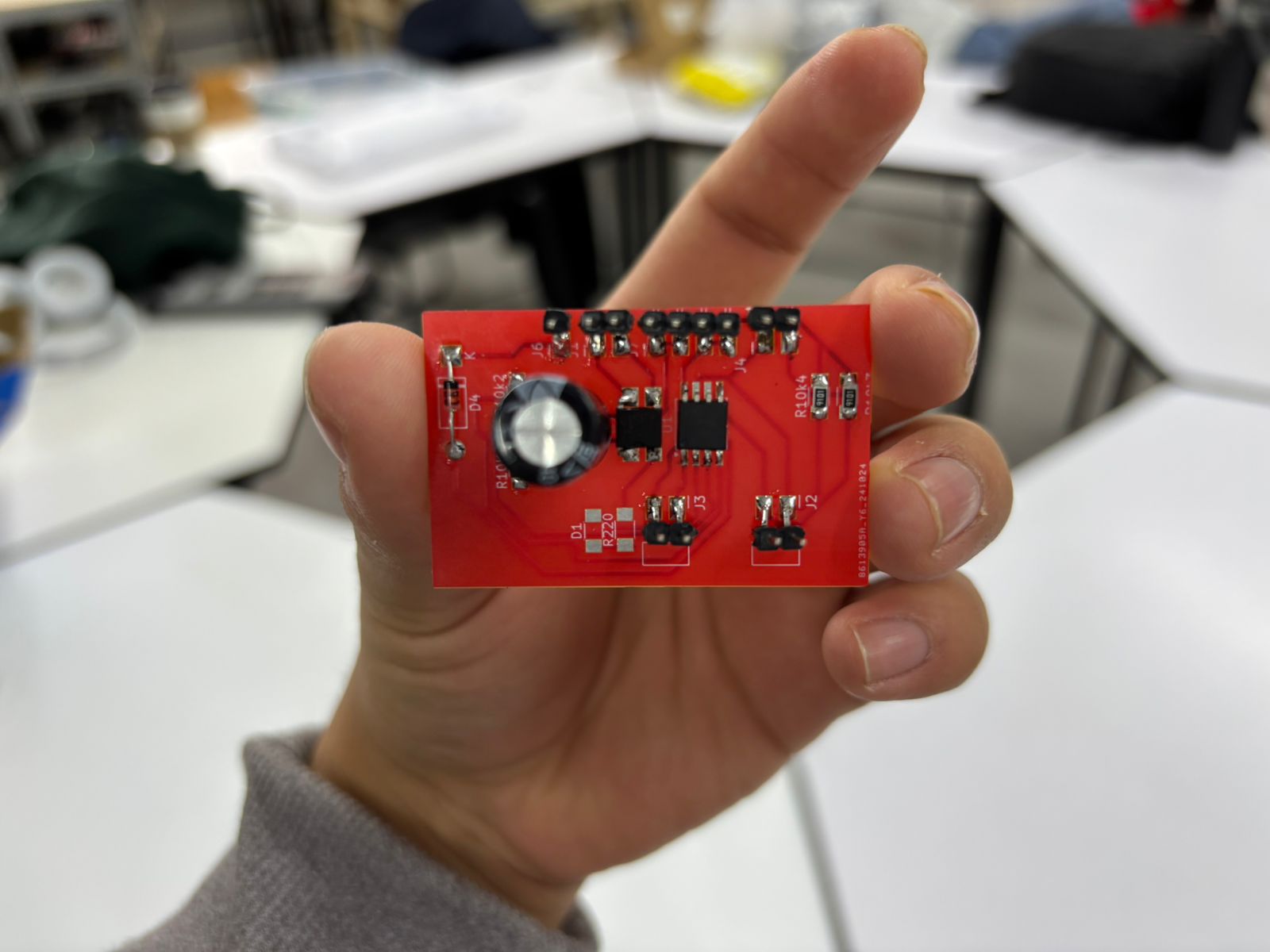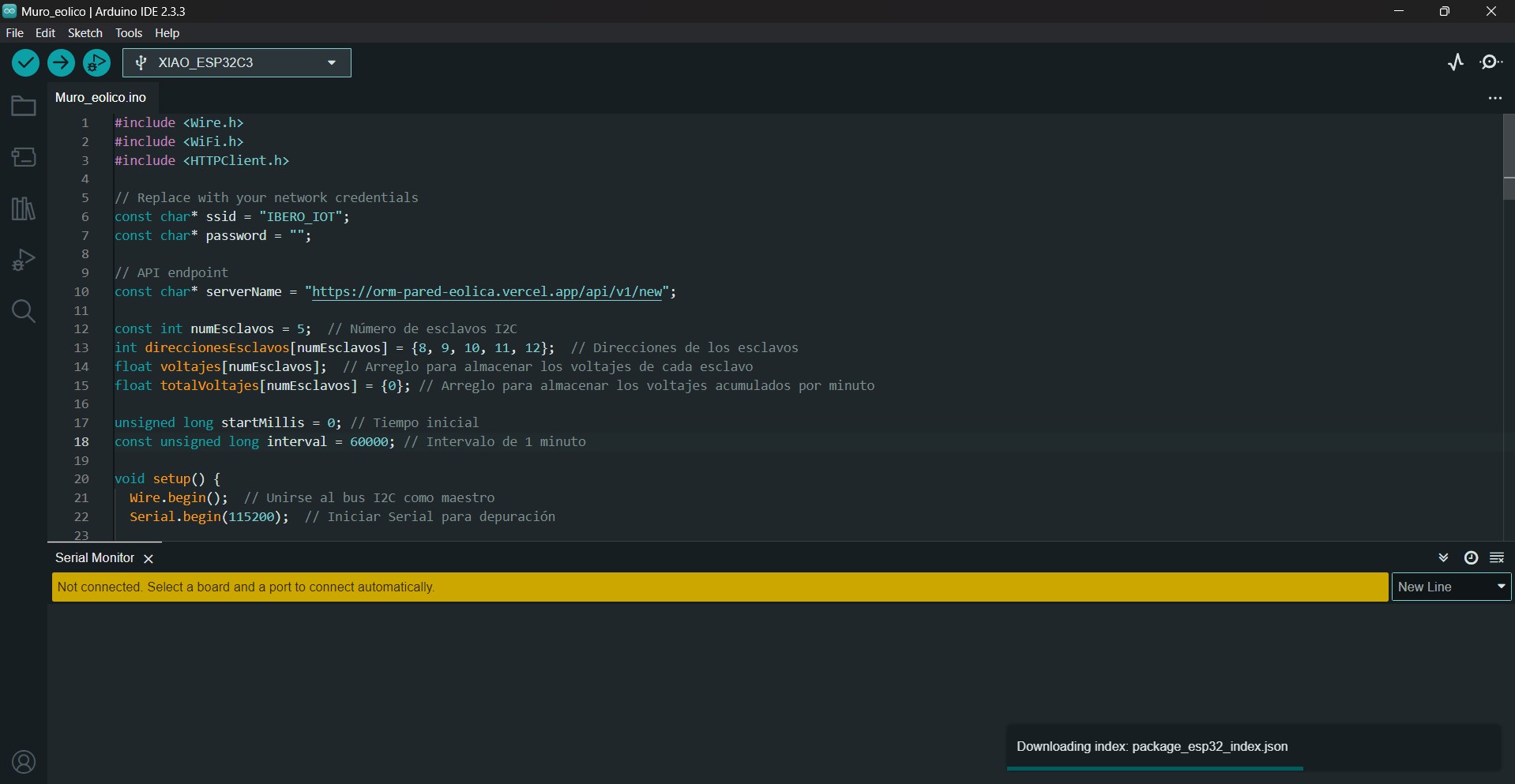Final Project
Development of a Prototype Wall that Generates Electricity Using Wind Power
The project titled "Development of a Prototype Wall that Generates Electricity Using Wind Power" was conceived to address one of the most pressing challenges of today: the need for renewable energy sources in areas where generation and access are limited. The decision was made to create this prototype with the aim of providing a modular and accessible solution that leverages the potential of wind energy, one of the cleanest and most sustainable energy sources available.
Wind energy has proven to be one of the most viable alternatives for reducing dependency on fossil fuels, thanks to its capacity to generate electricity without emitting greenhouse gases or other pollutants. In urban areas, where space is limited and energy demands continue to grow, integrating energy generation solutions into existing infrastructures has become a priority. This project was designed as a modular wind energy wall, an innovative concept that uses the digital fabrication techniques learned in the Fab Academy to create a replicable and adaptable design for different contexts.
The use of 3D-printed propellers through additive manufacturing allows for custom, optimized designs that maximize the capture of wind kinetic energy. The structure, made of aluminum profiles and polycarbonate, ensures durability and protection against weather conditions. Each propeller is connected to NEMA17 stepper motors that generate electricity when rotating. The conversion from the generated alternating current to direct current, as well as energy storage in batteries, is achieved through electronic systems integrated into PCBs, which also facilitate data monitoring and storage.
Developing this project as part of the Fab Academy has enabled the application of various digital fabrication techniques and tools, from 3D printing and laser cutting to electronic circuit creation. These skills not only support the creation of a functional prototype but also promote technological independence and access to sustainable solutions for communities with different socioeconomic backgrounds.
The justification for this project lies in its potential to democratize access to renewable energy generation technology. Providing a practical and replicable solution helps more people, communities, and institutions participate in clean energy production, promoting sustainability and local innovation. Additionally, a prototype like this reinforces the commitment of Ibero Puebla and the Fab Lab at IDIT to the pursuit of clean technologies and the reduction of carbon footprints, serving as a replicable example for other organizations interested in adopting renewable energy practices.
The wind energy wall designed in this project also includes a monitoring system that allows for the evaluation and analysis of energy generation data. This information is essential for future research and improvements, positioning the project as not only a resource for energy generation but also as an educational and research model for renewable energy usage.
In summary, the decision to develop this modular wind energy wall prototype is based on the importance of encouraging the adoption of accessible and sustainable renewable energy using digital fabrication tools, as taught in the Fab Academy. This positions the project as an innovative model that can be replicated by anyone with access to Fab Lab technologies.






